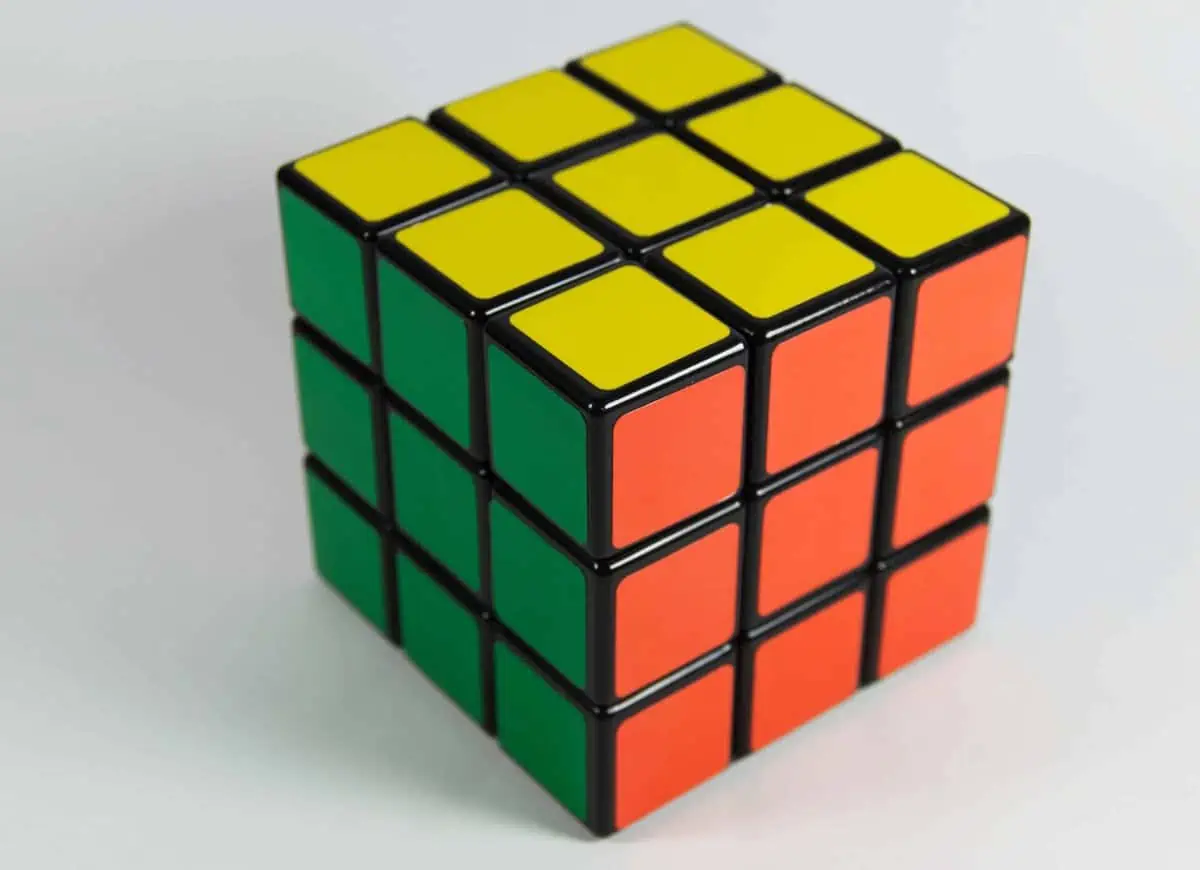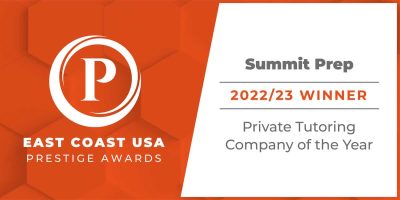For those students wanting to become lawyers, they might lament that there are no real-world applications of the LSAT. The LSAT is filled with questions about arguments that make little to no sense, reading comprehension passages that appear to be the very embodiment of cruel and unusual punishment, and logic “games.” How exactly does this all determine who has what it takes to be a lawyer? Is the LSAT just a crucible to bear before entering the hallowed halls of law school?

This post will review the 3 broad categories of questions on the LSAT – reading comprehension, arguments, and logic games – and how each one offers test takers the opportunity to develop necessary skills.
Reading Comprehension
It is no surprise that law students and lawyers read a huge amount of material. From judicial opinions to case documents and everything in between, the reading is seemingly endless. But, it’s how you read and not how much you read that really counts. The LSAT has 4 reading comprehension passages that each cover a specific area: natural science, social science, humanities, and law (naturally). But simply comprehending the reading passages is not nearly enough: if you are proficient in English, you will generally understand what the author is saying, but understanding what the author is saying will not get you a great score. For the approximately 27 questions in the section, test takers are rewarded for their ability to analyze the passages.
Analyzing the passages involves noticing and understanding how and why the author uses the specific words chosen. It also involves making connections between different parts of the author’s argument and drawing inferences about the information the author presents. The analysis that scores points on the LSAT is a far more active process than the term “comprehension” would imply.
In the same way, lawyers need to analyze documents that are often very complex in order to present the best case for clients. A passive understanding or a mere “comprehension” of a case will not get you far when trying to explain to a skeptical judge why a document or court opinion means your side wins. A thorough analysis that connects related issues and arguments will leave the judge convinced, rather than hoping the judge performs an analysis that benefits your client.
Arguments
LSAT arguments are not as fun as the ones you see on Law & Order. (And let me be the one to break it to aspiring lawyers that court in real life is not as exciting either.) The LSAT has two arguments sections, comprising approximately 50 questions and half of the test. These questions each have an argument that is roughly a paragraph long. There are multiple question types. Some will ask test takers to identify the argument’s conclusion, evidence, and flaws. On others, test takers will need to be sensitive to other possible explanations that the argument overlooks and also that the evidence and conclusion do not match. Test takers will also be asked to choose additional pieces of evidence that may strengthen or weaken the argument.
The skills developed in learning how to pull apart LSAT arguments are invaluable in law school. Law students will have to perform the
Litigators (lawyers who appear in court, as opposed to transactional lawyers who draft contracts and other documents) use these same skills in practicing law too. These lawyers are required to closely scrutinize their adversaries’ arguments to uncover flaws and exploit weaknesses in their arguments. At the same time, litigators must scrutinize their own arguments to ensure they eliminate any flaws and weaknesses that their adversaries may attack.
Logic Games
The logic games section on the LSAT has four games with about 24 questions. These games present real-world scenarios followed by a series of rules that restrict the entities involved in the game. The games generally fall into one of five categories: sequencing, selection, 
At first glance, logic games seem far removed from law school and practicing law. However, the skills developed on this section will come in handy for most tasks but particularly for working with statutes, regulations, contracts, and
Conclusion
Time and energy invested in developing the skills needed to achieve a successful LSAT score will pay tremendous dividends, both in law school and in practice. And, preparing for the LSAT while knowing that it will greatly benefit you later will help you stay positive during your prep. Use the LSAT to your advantage, as a law school applicant, student, and graduate.








